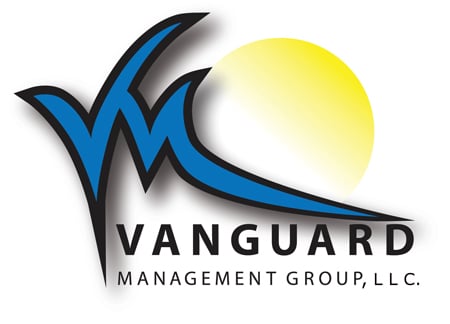

Homeowners associations must comply with the community’s CC&Rs, but what are the CC&Rs anyway? What purpose do they serve, and how do they impact the community and its residents? Let’s find out.
Many people are confused by the CC&Rs definition at first. After all, it’s not exactly a familiar term if you don’t live in a homeowners association with a set of governing documents. Let’s demystify the term. CC&Rs refer to the Declaration of Covenants, Conditions, and Restrictions. They are a legally recorded set of documents that govern the community. The CC&Rs indicate many things about the HOA, such as:
In addition, the CC&Rs indicate the homeowners’ responsibilities when caring for the community. They may also include restrictive covenants that limit what homeowners can do with their property. Furthermore, the CC&Rs indicate the procedures homeowners can take to amend or change the declaration.
A CC&R in real estate is initially created and recorded by the real estate developer that forms the homeowners association. They are filed with the county recorder’s office and are considered binding documents. The CC&Rs become part of the real estate’s official documents.
Each homeowners association will have a different set of conditions contained in their CC&Rs. However, there are some common restrictions and conditions many HOAs adopt. Here are some of the usual examples:
These may seem unreasonable to some, but an association’s CC&Rs are legally binding on homeowners. As long as they don’t violate federal or state laws like the Fair Housing Act or Americans with Disabilities Act, they are enforceable.
The homeowners association or condo CC&Rs may feel too restrictive for many residents. Nonetheless, they do serve a purpose. They help the community enhance and maintain property values. That’s because a community’s set of rules helps regulate how it looks and functions. In addition, the CC&Rs aim to promote the community’s safety, health, and welfare.
These rules might seem harsh and difficult to deal with, but they do help the community meet a certain standard. It keeps the neighborhood organized, beautiful, and safe, attracting potential buyers. This helps the properties in the community maintain a good market price in the long run.

People who purchase homes in an HOA automatically agree to abide by the CC&Rs when they close the sale. But, homeowners may not always read their community’s declaration. Even if they did, not all residents comply with the rules. However, homeowners who violate the CC&Rs must understand that it comes with certain consequences.
What are the penalties a homeowner should expect for CC&R violations? Here are some of the most common ones HOAs impose on residents:
The CC&Rs themselves often indicate how they can be enforced and who can enforce them. This responsibility typically falls on the homeowners association and its board of directors. They must diligently send out violation notices, impose charges, and use other enforcement methods. Non-enforcement or selective enforcement can lead to complications.
It may seem surprising, but many CC&Rs do have an expiry. Depending on state law and the declaration, the CC&Rs usually last up to a few decades without renewal or amendments. Some CC&Rs only last for 21 years from the date of recording. Afterward, it’s often up to the members to decide to terminate or renew the CC&Rs. If they expire, they are no longer enforceable.
Homeowners associations should remember to keep track of when the CC&Rs were recorded or renewed. This can help the board avoid complications when enforcing the community’s rules. It also maintains the community’s integrity and helps them stay consistent.
HOA members and the board of directors must familiarize themselves with the community’s CC&Rs. This helps community members comply and avoid penalties. As for the board, it allows them to know when to issue warnings and what violations to look out for.
Is your HOA having trouble with monitoring CC&R violations and enforcing the rules? It may be best to hire an HOA management company to help. Vanguard Management Group offers excellent management services for large and small communities alike. Call us now at 813-930-8036 or contact us online for a free proposal!
